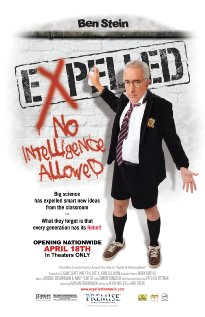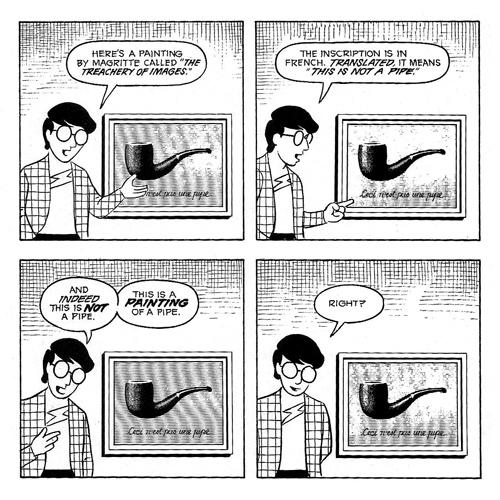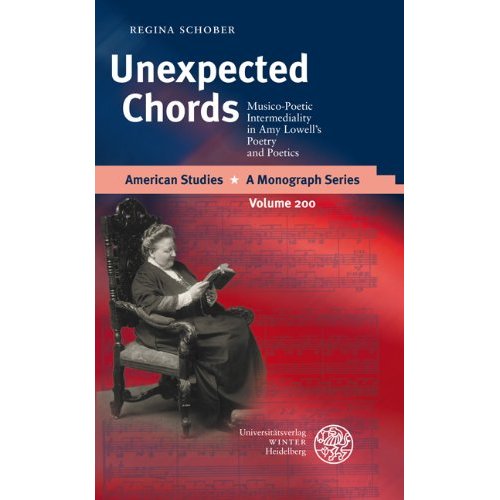 The University of Iowa, Iowa City, Iowa, April 12-14, 2012
The University of Iowa, Iowa City, Iowa, April 12-14, 2012
Keynote Speakers:
Professor N. Katherine Hayles (Literature Program, Duke University)
Professor Thomas LaMarre (East Asian Studies, Art History and Communications Studies, McGill University)
Once considered a marginal object of study, science fiction (SF) is undergoing a radical revision in academic circles, increasingly positioned as a privileged site for interpreting contemporary theoretical concerns on a global scale. Filmmakers throughout the world work both within and outside of the mainstream to pose alternative visions of globalization and its discontents, as showcased in films such as District 9 (Neill Blomkamp, South Africa, 2009),Sleep Dealer (Alex Rivera, U.S.-Mexico, 2008), The Host (Bong Joon-ho, South Korea, 2006), and Pumzi (Wanuri Kahiu, Kenya, 2009).
At the same time, shifts in international filmmaking practices call for a reconsideration of SF cinema, not as an abstract category, but in terms of the networks it makes possible. The rise of digital filmmaking, for example, has implications for the production of peripheral SF; cyberculture has altered how SF is produced, distributed, and received.
“Visions of the Future: Global SF Cinema,” made possible by an Arts and Humanities Initiative Grant from the University of Iowa, is designed to define an emerging field, moving away from the paradigm of national cinema to bring together shared theoretical frameworks, identifying new models and methods to help us investigate SF cinema’s relationship to contemporary global problems.
We invite proposals for papers that examine the multiple permutations of SF film around the world, from its origins to the contemporary moment. While we welcome all abstracts, we are especially interested in papers that address one or more of the following:
*immigration, citizenship, and labor
*shifting constructions of identity (including race, gender, ethnicity, nationality, and sexuality)
*theories of technology (such as posthumanism, transhumanism, techno-horror, cyberpunk, and techno-utopias/dystopias)
*bioethics and contagion
*imperialism, neo-imperialism, and the legacy of colonialism
*ecocriticism and environmental catastrophe
*how SF “travels” in and through dubbing, subtitling, and the film festival circuit
*cross-cultural SF film adaptations and remakes
*theories of temporality and history in “multiple” or “alternative” modernities
*SF and new media (including virtual realities, video games and MMORPG, mobile phones, online fandoms, and special effects such as CGI and 3-D)
The organizers will coordinate panels according to shared theoretical concerns, rather than regional or national specialization, to ensure interdisciplinary dialogue. Selected papers will be included in a refereed collection of previously unpublished essays on global SF cinema.
In addition to scholarly panels, the conference will feature screenings of key films in the SF genre from different national cinemas, followed by discussions.
Submission Information:
Please send an abstract (approximately 300 words), accompanied by a brief biographical note (approximately 250 words), toglobalSFconference@gmail.com. Proposals should be sent as Word (.doc/.docx) or PDF files. All submissions will be acknowledged. Deadline: August 31, 2011. Notification will be sent by September 15.
Organizers:
Jennifer Feeley, Assistant Professor, Department of Asian and Slavic Languages and Literatures; Cinema and Comparative Literature
Sarah Ann Wells, Assistant Professor, Department of Spanish and Portuguese
The University of Iowa






